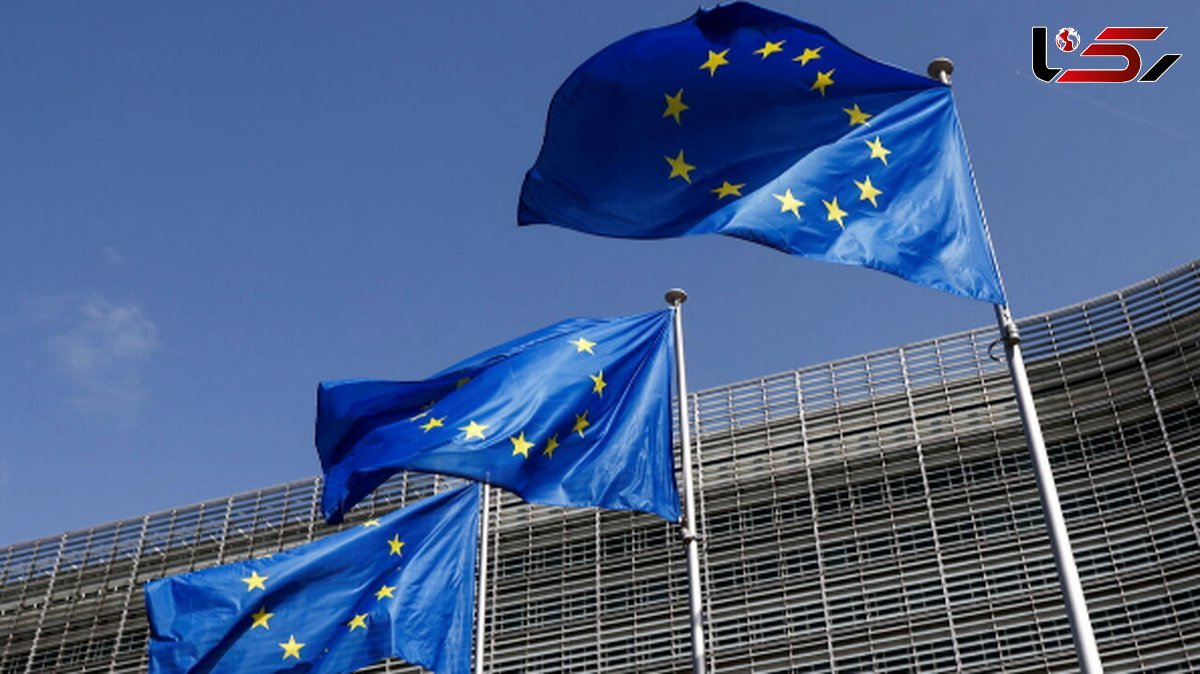European Union Reimposes Nuclear Sanctions on Iran Following Snapback Mechanism
Rokna Political Desk: U.S. President Donald Trump has signed an order reinstating the death penalty in Washington, D.C., for the first time in 40 years, directing federal prosecutors to seek capital punishment in cases of particularly heinous crimes.

According to Rokna, the European Union has announced the reinstatement of its nuclear-related sanctions on Iran, following the activation of the snapback mechanism and in disregard of Tehran’s recent diplomatic efforts.
According to a statement published on the EU’s official website, the European Council agreed to reimpose a set of restrictive measures linked to Iran’s nuclear proliferation activities. These measures had been suspended in 2015 under the Joint Comprehensive Plan of Action (JCPOA). The decision comes after the reactivation of United Nations sanctions and the UN Security Council’s refusal to extend the lifting of restrictions against Iran.
In recent weeks, Iranian Foreign Minister Abbas Araghchi and senior members of Iran’s diplomatic delegation had engaged in continuous efforts to prevent the return of sanctions. These included direct negotiations with the European troika, reaching an agreement in Cairo to resume cooperation with the International Atomic Energy Agency (IAEA), and presenting constructive proposals on the sidelines of the UN General Assembly. However, the alignment of France, Germany, and the United Kingdom with the United States prevented these initiatives from bearing fruit.
The EU statement outlined that the reimposed measures include those previously enacted under successive UN Security Council resolutions since 2006, which were automatically incorporated into EU law, in addition to independent EU restrictions.
The sanctions cover “travel bans for designated individuals, the freezing of assets of listed persons and entities, and prohibitions on making funds or economic resources available to them,” as well as “economic and financial sanctions targeting trade, finance, and transport sectors.”
Furthermore, the EU decision includes:
-
A ban on importing, purchasing, or transporting crude oil, natural gas, petrochemical products, and refined petroleum from Iran, along with related services.
-
A ban on selling or supplying key equipment used in the energy sector.
-
Prohibitions on the sale or supply of gold, precious metals, and diamonds.
-
Restrictions on the sale of certain maritime equipment.
-
A ban on the sale of certain software.
In the financial domain, the EU froze the assets of the Central Bank of Iran and major commercial banks, while also imposing measures to prevent Iranian cargo flights from accessing European airports. Additionally, the EU banned the provision of maintenance services for Iranian aircraft or cargo vessels carrying prohibited goods.
According to Iranian media, six previous UN Security Council resolutions against Iran, which had been terminated, were reactivated on September 27, 2025. This step was taken through the European troika’s use of the JCPOA’s dispute resolution mechanism.
In response, Iran’s Foreign Minister issued a letter to the UN Secretary-General and the President of the Security Council, stressing that the Islamic Republic “categorically rejects the alleged reimposition of terminated resolutions under UNSCR 2231 (2015)” and emphasized that neither Iran nor any UN member state is obliged to comply with such unlawful measures.
Send Comments